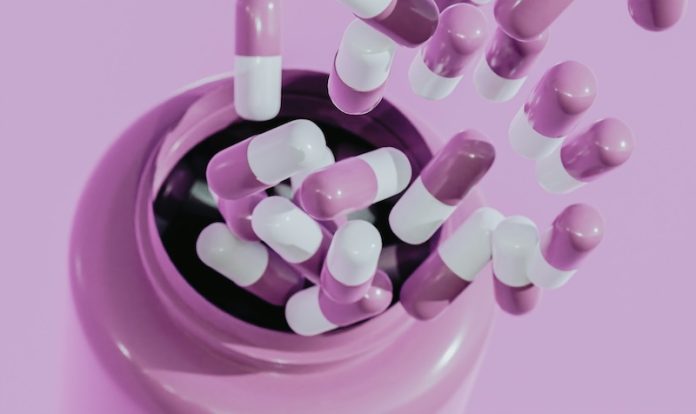
A new study from Columbia University has brought important news for people taking medication for high blood pressure.
This large study followed over 730,000 people across 17 years and looked closely at two common drugs used to lower blood pressure: chlorthalidone and hydrochlorothiazide.
Both of these medicines help prevent serious problems like heart attacks, strokes, and heart failure.
They work in a similar way and have been used for decades. But researchers found one important difference: chlorthalidone may lead to more harmful side effects than hydrochlorothiazide.
The study found that people taking chlorthalidone were almost three times more likely to get very low levels of potassium in their blood—a problem called hypokalemia. Potassium is an important mineral that helps your muscles, nerves, and heart work properly.
When potassium levels drop too low, it can cause serious health issues like muscle weakness, confusion, irregular heartbeats, and even kidney failure.
About 6 out of every 100 people taking chlorthalidone had low potassium, compared to only 2 out of every 100 people taking hydrochlorothiazide. The risk stayed high even when patients were given lower doses of chlorthalidone. The study also found more problems with electrolyte levels and kidney function in people using chlorthalidone.
These side effects are not just uncomfortable—they can be dangerous, especially for people who are older or already dealing with other health conditions. That’s why the researchers are suggesting doctors be extra careful when prescribing chlorthalidone. They recommend close monitoring of potassium levels and kidney health if this drug is used.
High blood pressure affects millions of people around the world. If left untreated, it can lead to stroke, heart disease, and other life-threatening problems. The good news is that it can usually be controlled with the right mix of medication, healthy habits, and regular doctor visits.
Choosing the right medication is a big part of the treatment. While both chlorthalidone and hydrochlorothiazide are effective at lowering blood pressure, this new study shows that the risks are not the same. That means doctors and patients need to talk about the pros and cons of each option before making a decision.
Medicine alone is not enough. Healthy lifestyle changes are just as important. Eating more fruits and vegetables, exercising regularly, cutting back on salt and alcohol, quitting smoking, and finding ways to reduce stress can all help lower blood pressure. Checking your blood pressure at home can also help you and your doctor see how well your treatment is working.
This study, led by George Hripcsak and published in JAMA Internal Medicine, reminds us that treating high blood pressure is not one-size-fits-all. Even drugs that seem similar can have very different effects on the body. More research will continue to help doctors find the safest and most effective treatments for each person.
In the meantime, patients should stay informed, ask questions, and work closely with their healthcare providers to make the best choices for their health.
If you care about blood pressure, please read studies about unhealthy habits that could increase high blood pressure risk, and eating eggs in a healthy diet may reduce risks of diabetes, high blood pressure.
For more information about blood pressure, please see recent studies that early time-restricted eating could help improve blood pressure, and results showing 12 foods that lower blood pressure.
Copyright © 2025 Knowridge Science Report. All rights reserved.



